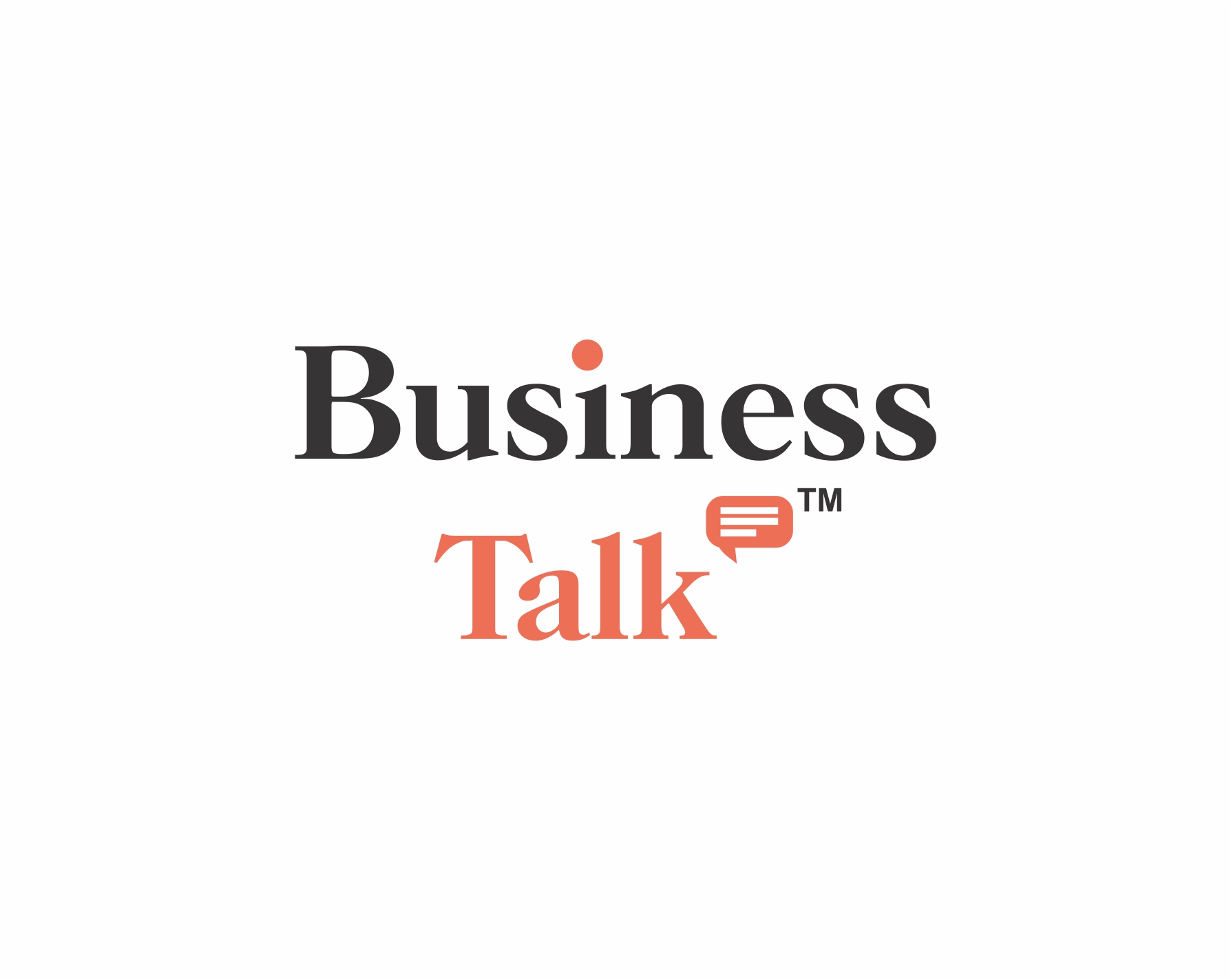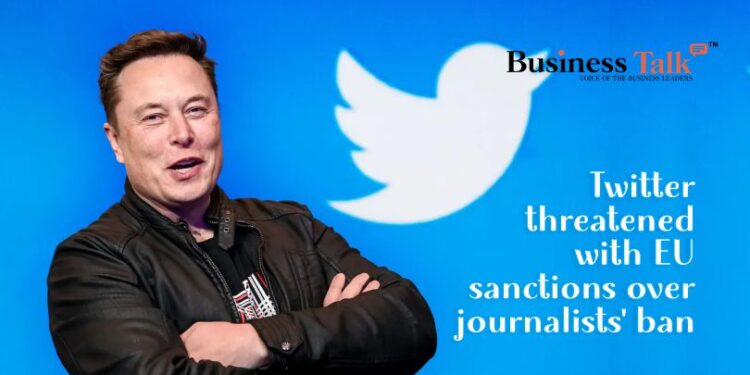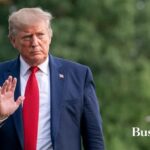Elon Musk makes headlines once more – following his decision to ban well-known tech writers from Twitter. By suspending multiple journalists from the social network platform, he has crossed a “red line,” according to the EU, which has threatened him with sanctions. Germany has made it very clear how the ban will affect journalistic freedom. “Freedom of the Press is not something you can easily switch on and off at your convenience,” the country’s foreign ministry has said. “This is an issue for us,” he continues, “since, as of today, these journalists won’t be following us or commenting on our opinions anymore.” The suspended accounts, in Musk’s opinion, violated Twitter’s new “doxxing” policy, which refers to the publication of private information. This implies that anyone who divulges a person’s current location will face suspension for violating physical safety.
However, Vera Jourova, the European Commission’s vice president for morals and transparency, expressed concern about the situation, stating that “news regarding the arbitrarily suspending of journalists on Twitter is alarming.” The Digital Services Act of the EU, she admonished, “requires respect for media freedom and basic rights.” “Elon Musk ought to be conscious of that. The red lines are there. Soon, sanctions,” Jourova adds. Twitter blocked the accounts of Donie O’Sullivan of CNN, Ryan Mac of The New York Times, and Drew Harwell of The Washington Post on Thursday night. No formal comment or justification for the journalists’ exclusion from the social networking site has been provided by either Musk or Twitter.
Before this ban, Twitter had previously suspended Mastodon’s account, a new rival social media site that allowed @ElonJet, an account that posts the location of Elon’s private jet, to continue posting. Each reporter with a suspended account kept track of this and wrote about it.
Many European leaders have been keenly observing Musk’s acquisition of Twitter and its potential effects. Top EU official Theiry Breton cautioned Musk that Twitter must adhere to the bloc’s content control standards in late November. He explained it this way: “Twitter will have to create transparent user policies, greatly strengthen content moderation, defend free expression, battle misinformation with vigor, and limit targeted advertising.” This would undoubtedly require adequate AI and human resource integration. As the EU arrives to evaluate Twitter’s readiness on the ground, he said he anticipates seeing progress in every area.

Business Talk is a digital business magazine that caters to CEOs, Entrepreneurs, VC, and Corporates. While working with entrepreneurs and business executives, we focus not only on their achievements. Our mission is to shed light on business entities, including their innovations, technological benchmarks, USPs, and milestones/accolades.













